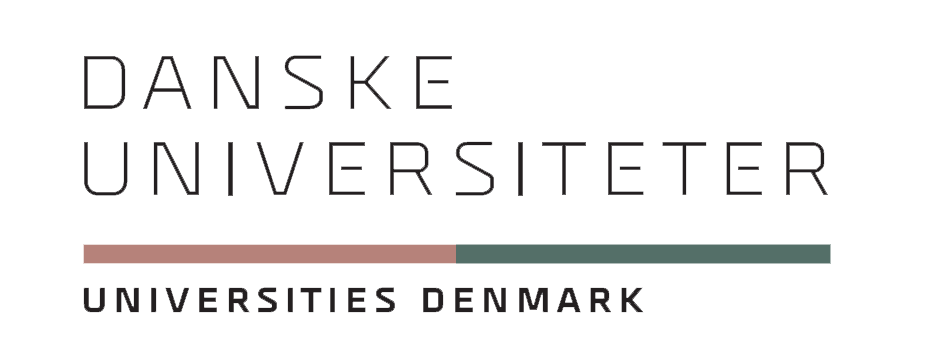Denmark to enter new license agreement with Wiley
There must be immediate and free access to Danish research publications – also called Open Access – as soon as they are published and the universities will not accept price increases for reading access to other countries’ research publications.
That was the starting point when the Royal Danish Library entered into negotiations with the publishing house Wiley in the autumn of 2021 on behalf of the Danish Universities. The demand is an extension of last year’s negotiations with the publishing giant Elsevier and is necessary for Danish Universities to live up to their ambitions of strengthening dissemination and access to university research for the benefit of society.
Following an intensive negotiation process, a very satisfactory agreement was reached for a 4-year period. The agreement ensures immediate Open Access to the publisher version of Danish publications, and ensures read access to an unchanged portfolio.
“It is good for the Danish Universities that we for both Elsevier and Wiley have reached our goal with a clear demand that Denmark will not accept price increases. In the context of the Wiley negotiations, we have even achieved a real price drop by removing payment for hybrid publishing,” says Jesper Olesen, Director of the University of Copenhagen, who is also the negotiating representative for the University Director’s Committee at Danish Universities that provides the mandate in the license negotiations.
A large part of the total global research is still locked behind commercial paywalls, where the scientific publishers profit from both publication and reading access. Last year, we managed to do away with this business model through the agreement with Elsevier, and with the agreement with Wiley, we have taken a big step forward in the efforts for greater openness in research.
“It is extremely positive that an agreement has been reached that largely ensures free access for everyone to the Danish Universities’ research output published by Wiley. It supports the realization of Denmark’s national strategy for Open Access and the Open Science agenda,” says Hans Müller Pedersen, Director of the Danish Agency for Education and Research.
“With this agreement, we have wanted to distance ourselves from embargo periods and hybrid publishing. Danish research publications must be open to the world at the time of publication, and we will not accept being charged double for access and publication. We succeeded in that, and that is good! Negotiations now lie ahead with other publishers, that will open up even more of Danish University research and in the longer term likely include Gold Open Access publication with a view to further reducing costs for Denmark,” says chief negotiator Kira Stine Hansen, Deputy Director, Royal Danish Library.



